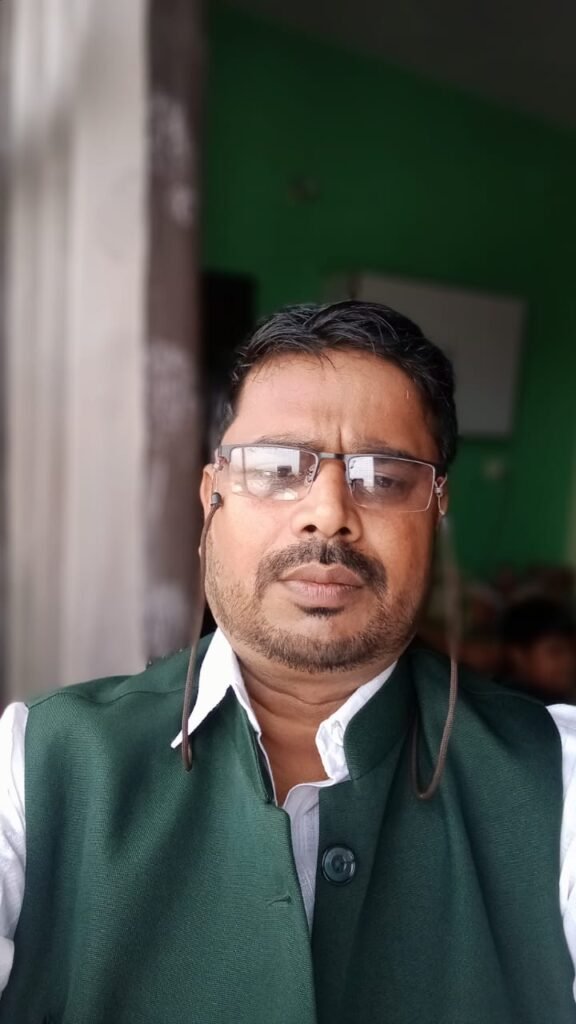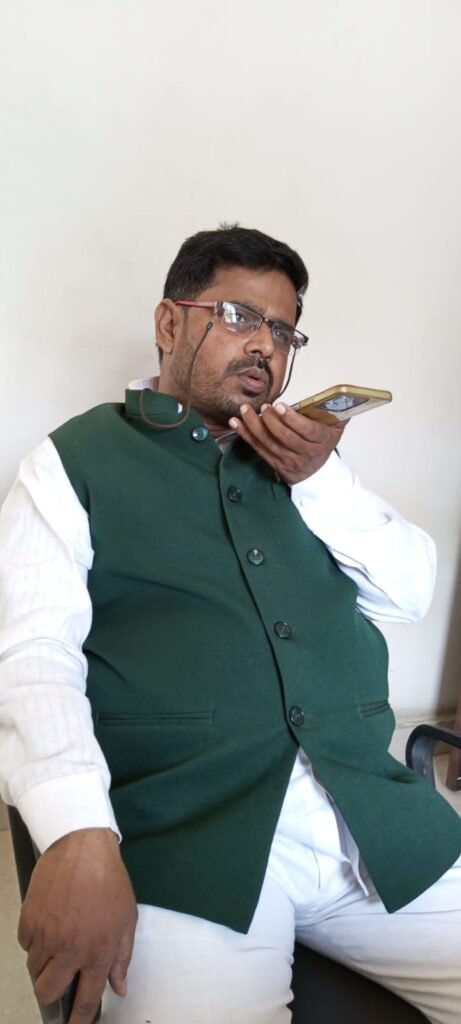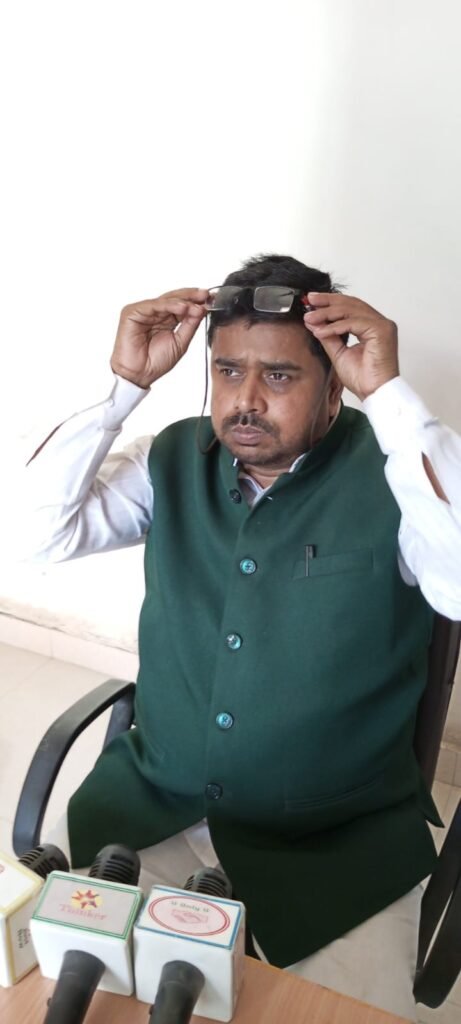Introduction
Vijay Yadav Sir is a renowned figure in the field of education, particularly known for his innovative approach to teaching philosophy. His initiative, “Project Philosopher,” seeks to integrate philosophical inquiry into everyday learning, aiming to cultivate critical thinking, ethical reasoning, and personal development among students. This project serves as a blueprint for reimagining how philosophy can be approached and understood in contemporary educational settings.

Background
Philosophy often struggles to find its place in the modern curriculum, overshadowed by more practical subjects. However, Vijay Yadav Sir believes that philosophy is foundational to developing a well-rounded individual. With a background in both philosophy and education, he has dedicated his career to bridging the gap between abstract philosophical concepts and practical applications in students’ lives.
Objectives of Project Philosopher
The primary objectives of Project Philosopher include:
- Promoting Critical Thinking: Encourage students to question assumptions, analyze arguments, and engage in rational discourse.
- Fostering Ethical Awareness: Help students understand moral philosophies and their implications in real-world scenarios.
- Encouraging Personal Reflection: Inspire introspection and self-awareness through philosophical discussions and writings.
- Enhancing Communication Skills: Develop students’ ability to articulate their thoughts clearly and persuasively.
- Interdisciplinary Learning: Connect philosophical concepts to other subjects, demonstrating their relevance across various fields of study.
Methodology
Vijay Yadav Sir employs a variety of teaching methods within Project Philosopher:
- Interactive Workshops: Engaging students in group discussions and debates, fostering a collaborative learning environment.
- Real-World Applications: Using case studies and contemporary issues to highlight the relevance of philosophical inquiry in daily life.
- Creative Assignments: Encouraging students to express their philosophical thoughts through essays, presentations, and artistic projects.
- Guest Lectures: Inviting philosophers, ethicists, and thought leaders to share their insights and experiences, enriching the learning experience.
- Philosophy Circles: Establishing small groups where students can explore specific philosophical topics in depth, promoting peer learning.

Impact on Students
The impact of Project Philosopher on students is multifaceted:
- Enhanced Critical Thinking: Students develop the ability to evaluate arguments and identify logical fallacies, equipping them for academic and professional challenges.
- Greater Ethical Awareness: Exposure to diverse ethical frameworks allows students to navigate moral dilemmas with greater clarity and conviction.
- Improved Self-Confidence: As students articulate their thoughts and engage in discussions, they build confidence in their abilities to express themselves.
- Stronger Community Bonds: The collaborative nature of the project fosters a sense of belonging and mutual respect among students.
- Interdisciplinary Connections: Students learn to draw connections between philosophy and other subjects, enhancing their overall educational experience.
Challenges and Solutions
While Project Philosopher has seen success, it faces several challenges:
- Resistance to Philosophy: Some students may initially be skeptical about the relevance of philosophy. To combat this, Vijay Yadav Sir emphasizes practical applications and relatable examples.
- Curricular Constraints: Standardized curricula may limit the incorporation of philosophy. The project advocates for flexibility in teaching methods, integrating philosophical discussions into existing subjects.
- Resource Limitations: Access to philosophical texts and materials can be limited. The project addresses this by utilizing open educational resources and online platforms.
- Diverse Student Backgrounds: Students come with varying levels of familiarity with philosophical concepts. Differentiated instruction strategies are employed to accommodate diverse learning needs.

Future Prospects
Looking ahead, Project Philosopher aims to expand its reach:
- Collaborations: Partnering with schools and educational institutions to implement the project in diverse educational contexts.
- Online Platforms: Developing online resources and courses to make philosophical inquiry accessible to a broader audience.
- Research and Development: Conducting studies to assess the impact of philosophical education on students’ academic and personal growth.
- Community Engagement: Hosting public lectures and community forums to promote philosophical discourse beyond the classroom.
Conclusion
Project Philosopher, spearheaded by Vijay Yadav Sir, is a pioneering initiative that highlights the significance of philosophy in education. By fostering critical thinking, ethical reasoning, and personal reflection, the project aims to prepare students not only for academic success but also for meaningful lives. Through innovative teaching methods and a commitment to interdisciplinary learning, Project Philosopher is reshaping how philosophy is perceived and practiced, ensuring that it remains relevant in the ever-evolving landscape of education.
In a world increasingly defined by complex challenges and ethical dilemmas, the skills and insights gained through philosophical inquiry are invaluable. Vijay Yadav Sir’s vision for Project Philosopher reflects a profound belief in the transformative power of education, making philosophy an integral part of the learning experience

Leave a Reply